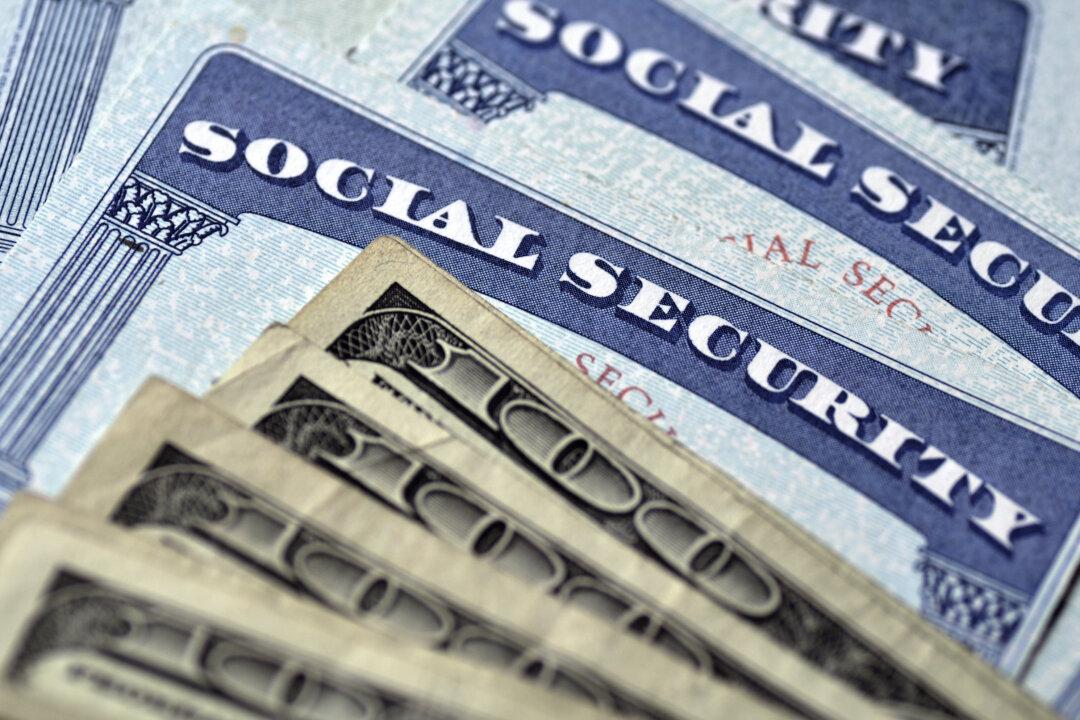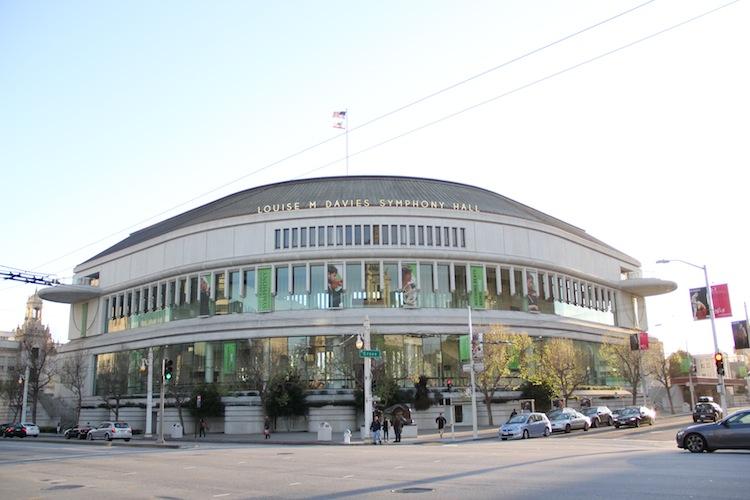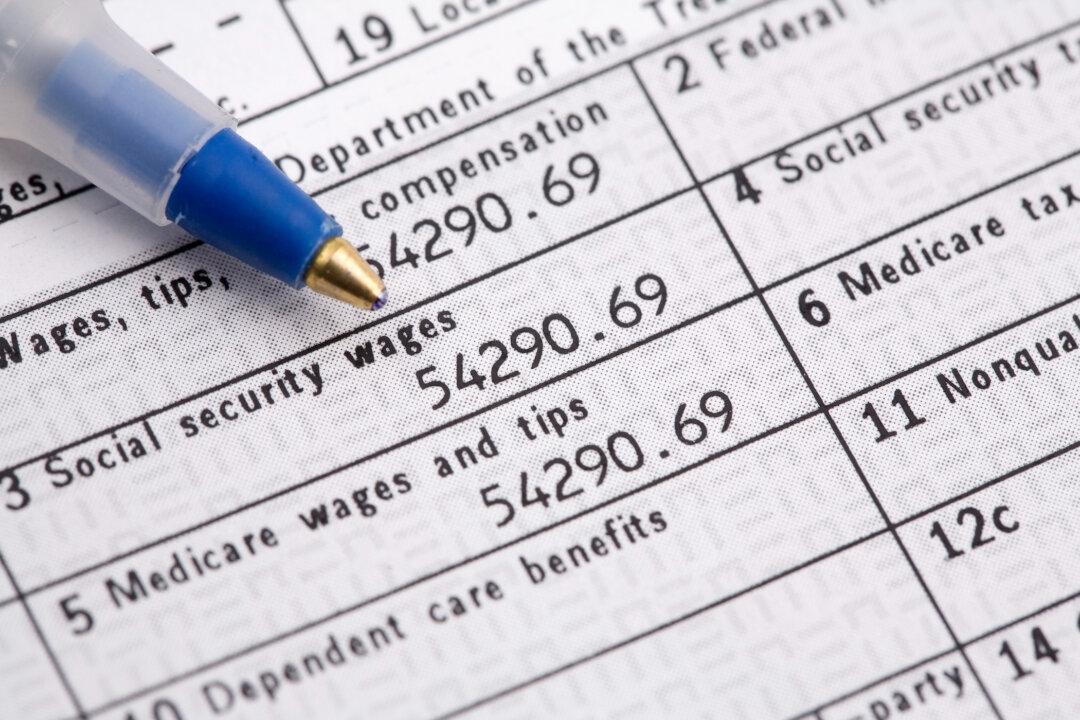Commentary
With the U.S. Constitution, the Founding Fathers created a nation of maximum individual freedom, maximum individual responsibility, limited government, and classical liberalism. Having fled anti-democratic European aristocracy, privileged class structure, and limited opportunity, American colonists did not want government in their lives. The Founding Fathers believed that Adam Smith was correct when he said individuals independently pursuing their self-interest to survive naturally organize society. Without government planning, it was the invisible hand of nature.





